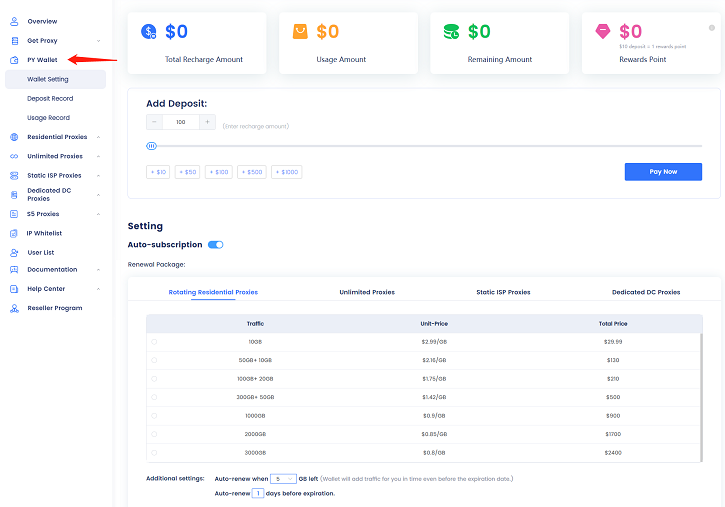Should I Use a Proxy Server at Home?
The internet is increasingly becoming more and more unsafe. Websites, apps, and search engines constantly monitor and collect data about your activities.To get more news about computer ip, you can visit pyproxy.com official website.
The service promises to keep your browsing secure from prying eyes. However, it has its fair share of drawbacks to consider.
What is a proxy server and how does it work?
A proxy server acts as an intermediary between you and the internet. It handles all your requests to and from web apps. As such, it helps conceal your identity for enhanced security and privacy.

The two core functions that make this possible start with IP swapping. It spoofs your ISP-assigned address with that of the proxy to hide your real location.
The next implementation is encryption, which scrambles your traffic to prevent eavesdropping. However, only a few vendors include this extra layer of protection.
There are different types of proxy servers. And knowing more about them can help you pick the most suitable option.
Should you use a proxy server at home?
Using a proxy server at home comes with the benefit of enhanced privacy and security. This is useful for discouraging hackers from accessing your computer network and other connected devices.
Protect your home network
Over 60 million households in the United States have Internet of Things (IoT) devices. These are interconnected gadgets that are in constant communication via the web.
Each second, they generate and collect sensitive data that makes them the perfect target for cybercriminals. Examples include footage from your home CCTV, biometric and location data, behavioral info, and more.
What are the benefits of using a proxy server at home?
A proxy switches your IP address, which virtually changes your location. Accordingly, you can take advantage of this feature to access geo-blocked resources online.
Furthermore, it’s ideal for bypassing censorship by governments and internet service providers.
Improve privacy and security
As mentioned earlier, a proxy server boosts your privacy and security at home. Most commonly, it achieves that by changing your real IP to hide your location.
Other approaches include encrypting your traffic and blocking web trackers. Moreover, it’s essential to block dangerous websites that could expose you or your loved ones to harmful content.
Protect personal information
A proxy server does an excellent job of safeguarding you against identity theft. It secures your traffic to stop third parties from collecting your sensitive information.
Additionally, the service can prevent banking details theft when transacting online. This further reduces the chances of losing your hard-earned money to cyber criminals.
Enhance internet speeds
Part of what proxy vendors offer includes caching online resources that users access the most.
This accelerates the delivery of web services resulting in a faster browsing experience. Additionally, it saves your bandwidth due to its aggressive content compression techniques.
Kommentare zu "Should I Use a Proxy Server at Home?"
Es sind noch keine Kommentare vorhanden
Kommentar schreiben
Möchten Sie dem Autor einen Kommentar hinterlassen? Dann Loggen Sie sich ein oder Registrieren Sie sich in unserem Netzwerk.
 17.04.2024
17.04.2024
 12
12
 15
15
 261
261

 Besonders empfehlenswerte Werke:
Besonders empfehlenswerte Werke: